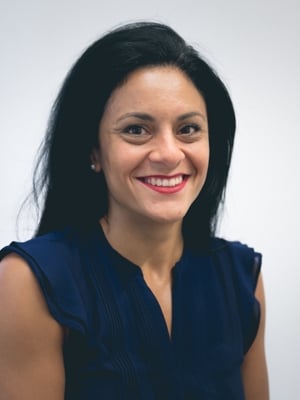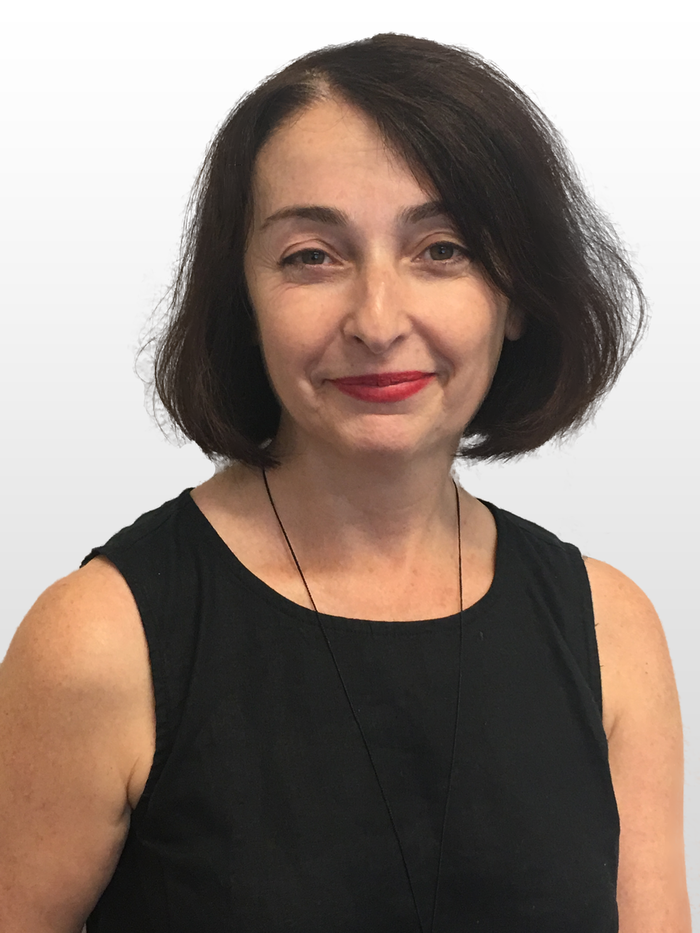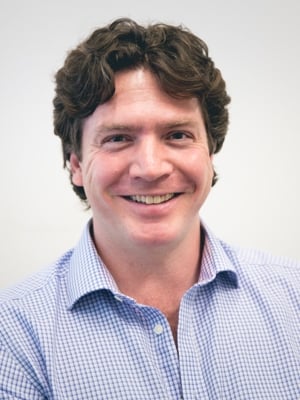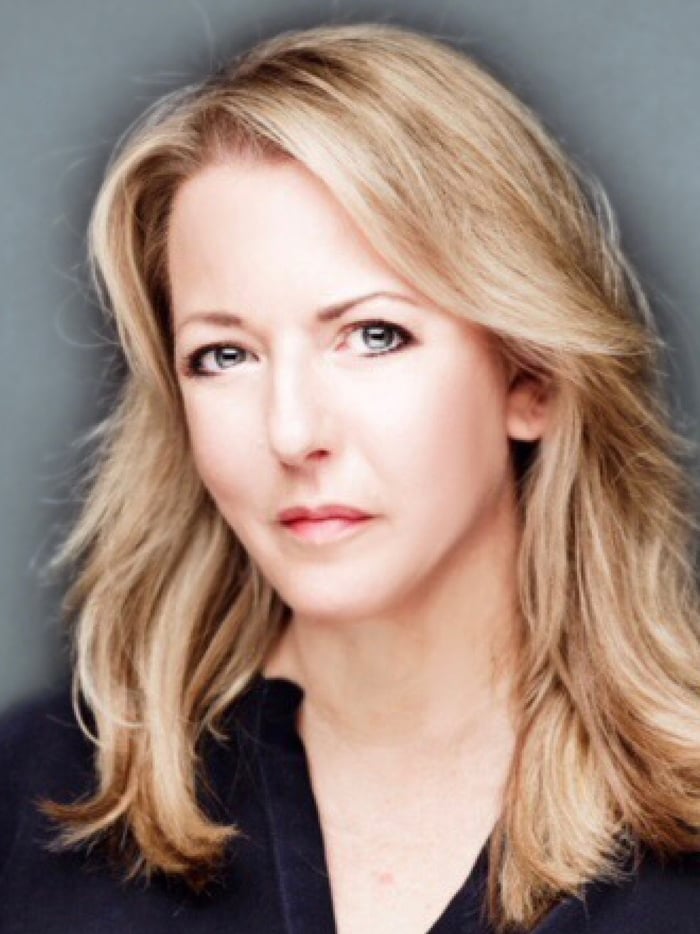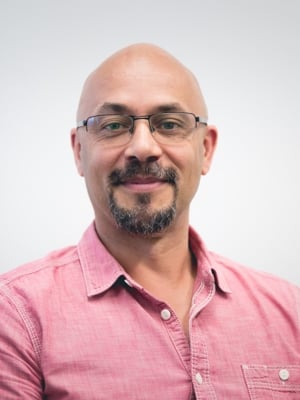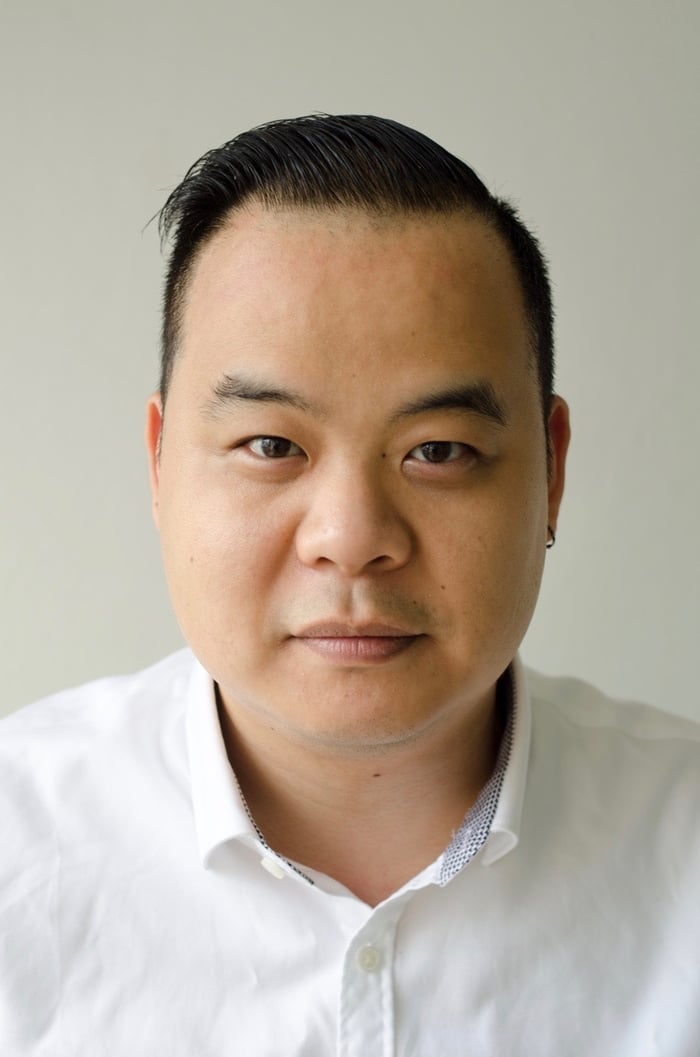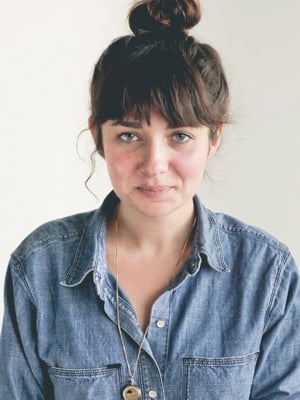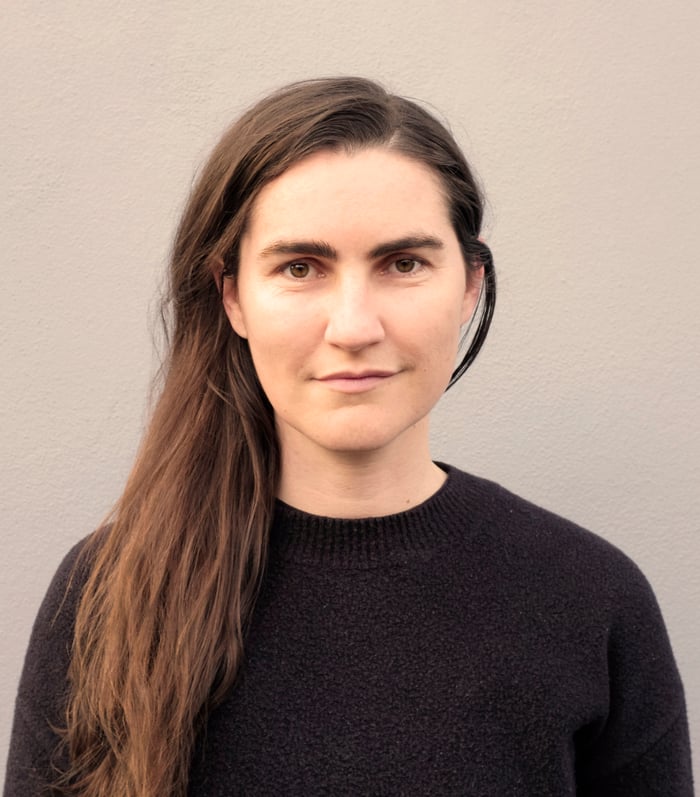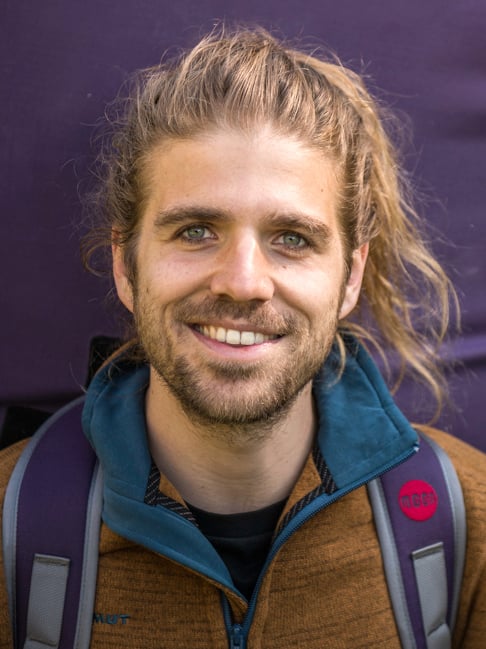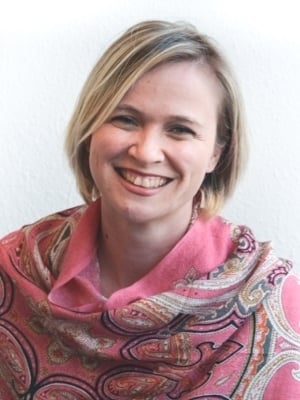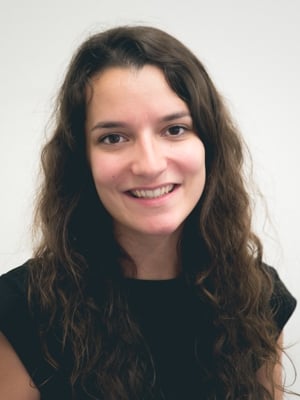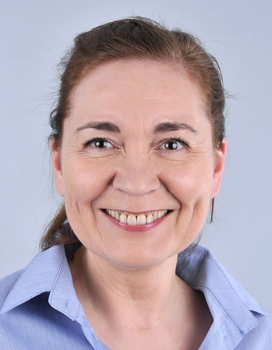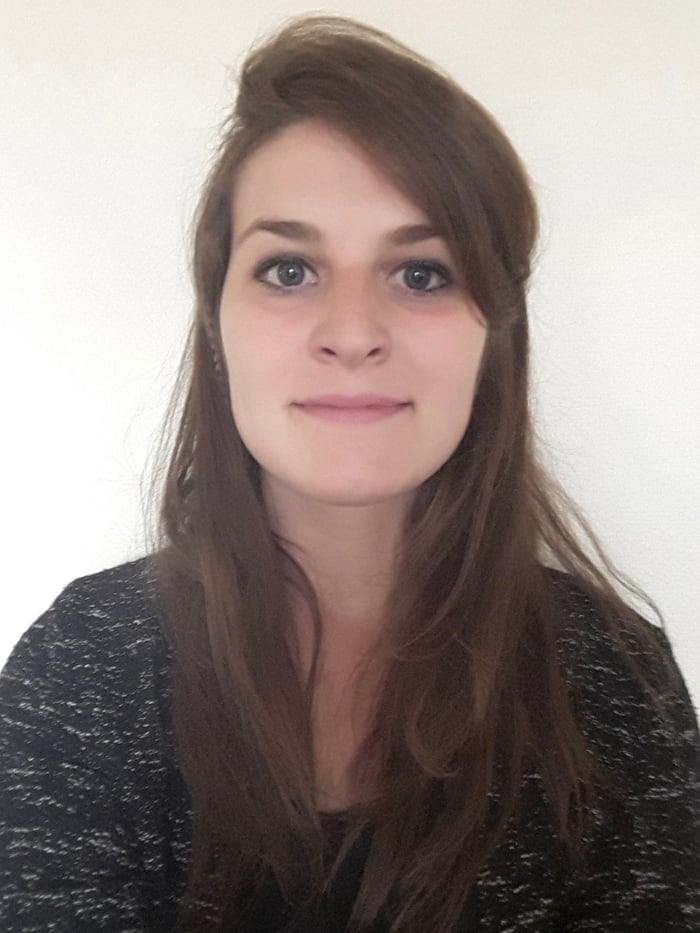Qui sommes nous ?
What we do
The New Humanitarian puts quality, independent journalism at the service of the millions of people affected by humanitarian crises around the world. We report from the heart of conflicts and disasters to inform prevention and response.
As the trusted news source on humanitarian crises, we deliver the authentic, inside story. Our reporting gives insight to policymakers, practitioners and others who want to make the world more humane.
Who we are
The New Humanitarian (formerly IRIN News) was founded by the United Nations in 1995, in the wake of the Rwandan genocide, out of the conviction that objective on-the-ground reporting of humanitarian crises could help mitigate or even prevent future disasters of that magnitude.
Almost twenty years later, we became an independent non-profit news organisation, allowing us to cast a more critical eye over the multi-billion-dollar emergency aid industry and draw attention to its failures at a time of unprecedented humanitarian need. As digital disinformation went global, and mainstream media retreated from many international crisis zones, our field-based, high-quality journalism filled even more of a gap. Today, we are one of only a handful of newsrooms world-wide specialised in covering crises and disasters – and in holding the aid industry accountable.
Why our work counts
The number of people to whom the UN delivers aid has more than tripled over the past decade. Climate change, population growth, volatile markets, water scarcity, sectarianism and the burgeoning of armed groups and extremists are pushing more and more communities to the edge. The unprecedented number of concurrent emergencies has exposed serious weaknesses in the current international emergency aid apparatus: financing is unsustainable; local communities do not have enough of a voice; and needs are not adequately met. It is a critical time of change for the multi-billion-dollar international humanitarian sector, which is under pressure to reform the way aid is delivered.
New challenges; a new name and brand identity
It’s in this context that in 2019, we changed our name from IRIN to The New Humanitarian to signal our move from UN project to independent newsroom and our role chronicling the changing nature of – and response to – humanitarian crises.
The New Humanitarian speaks to the profound shifts impacting our world today.
The drivers of humanitarian needs are changing, thanks to new threats like climate change, longer-lasting conflicts, and a geopolitical landscape that makes the resolution of crises at the international level more challenging.
The impacts of humanitarian crises are changing too, becoming more global in their repercussions. The exodus of refugees from Syria is one of many examples.
Traditional forms of humanitarian intervention are bursting at the seams; new approaches and players are emerging to fill an increasing gap between needs and response.
Tackling the world’s crises is no longer the exclusive domain of governments, “Big Aid” and the United Nations -- nor is it only about disaster relief and aid delivery. In many ways, the whole conception of humanitarianism is changing, evidenced by the private sector’s response to refugees; high school students marching for climate change; and local communities reclaiming agency in shaping their own futures. Today, a new generation of humanitarians is redefining the way the world responds to crises – demanding a seat at the table and a voice in the conversation.
We remain the trusted news source for policy-makers and practitioners in humanitarian response, but The New Humanitarian is expanding to reach this wider audience of people who want to better understand our complex world, in order to change it for the better.
How we work
Working with on-the-ground correspondents in dozens of countries and analysts and editors with intimate knowledge of the sector, The New Humanitarian reports from the heart of humanitarian crises and global policy and donor hubs. Our reporting informs humanitarian need and response, amplifies the voices of those on the ground and holds the sector accountable to itself, its funders and the communities it serves.
Our coverage takes a holistic view of humanitarian crises, from emerging conflicts to the human face of climate change, from refugee movements to disease outbreaks. We also cover the policy and practice of humanitarian response, from local responders to the particular needs of women and girls to the responsible use of technology and data to the financing of aid work. We are there before, during and after; providing early warning when a crisis is brewing and sticking around long after most camera crews have packed up and left. We are committed to keeping neglected crises in the media spotlight and on the policy agenda. Our work always includes a multiplicity of voices, first and foremost those on the ground, be they people whose lives are uprooted or those trying to help.
In addition to our daily multimedia news reports, we curate in-depth topical collections of our coverage and feature diverse voices in opinion essays, Q&As and interviews. We highlight our work in newsletters, webinars and special events.
Interested in working with us?
Our audience
We deliver content designed with a specialist audience in mind, but accessible enough for the interested, globally-minded public.
Our coverage informs the work of those who seek to prevent or respond to humanitarian crises at local, national, or international levels. They include policy-makers, aid practitioners, researchers and educators.
We also strive to be a source for a new generation of global citizens who want to help make the world a better place, from corporate leaders to climate scientists to your next-door neighbours.
Finally, we serve as a reference for mainstream media, who turn to The New Humanitarian for a reliable source of information and ideas about the humanitarian world, and cite and republish our work.
Our most recent audience survey was conducted in January 2018. Read highlights of the results here.
Our impact
The New Humanitarian contributes to more effective and accountable humanitarian action to improve the lives of people affected by crises. We do so in three ways:
- Our journalism informs decision-makers and practitioners in humanitarian aid and related sectors, by painting an accurate picture of the realities on the ground, sounding the alarm on brewing crises, and providing deeper and more informed reporting than is often available in mainstream media. Our stories have directly instigated, influenced and informed action. The New Humanitarian’s reporting on the Yazidi healthcare crisis in 2018 prompted help from as far and wide as the UN migration agency, Doctors Without Borders, the International Medical Corps and British charity Swinfen Telemedicine. In 2016, we highlighted the humanitarian community’s lack of preparedness to respond to flows of people fleeing the battle against so-called Islamic State in Mosul, Iraq.
- Our journalism acts as a catalyst for policy change in a humanitarian aid sector that has few independent voices of critique and analysis. By challenging dominant narratives and exposing inconsistencies, corruption and system failures, The New Humanitarian’s stories lead to concrete changes. Our reports have forced governments to reluctantly admit to humanitarian crises and allow aid, and exposed financial and sex abuse scandals within the United Nations and international NGOs. We have been invited to testify before parliament, brief government agencies, speak to university students, and present our findings around the world.
- Our journalism raises awareness among engaged general publics. Today, a new generation of humanitarians is redefining the way the world responds to crises; from high school students marching for climate change; and local communities reclaiming agency in shaping their own futures. By helping global audiences understand how and why crises happen and what can be done, The New Humanitarian contributes to an informed and empathetic global citizenry that can mobilize, pressure government, and resist sensational, superficial narratives on everything from climate change to refugees. Our reporting has prompted public petitions, donations and charity initiatives, new aid programmes, debates in local parliament and changes in policy. Our stories are referenced and republished in publications ranging from the New York Times to the BBC to Al Jazeera and France 24.
You can find further detail and examples of our impact in our Annual Reports.
Our awards
2019
- UN Correspondents Association Awards. Regular contributor Abu Anas in Bangladesh wins the top prize in the climate change category of the UN Correspondents Association Awards with his reporting for TNH.
- Forum on the Arms Trade. Regular contributor Paula Dupraz-Dobias is recognised by the Forum on the Arms Trade for her exemplary reporting on the attention given to gender-based violence at the most recent annual conference of the Arms Trade Treaty (ATT) held in Geneva.
- One World Media Awards. The series "Destination Europe" and "How Climate Change is Plunging Senegal's Herders into Poverty" are longlisted for a Refugee Reporting Award and Environmental Reporting Award respectively.
- James Foley Award for Conflict Reporting. Regular contributor for Latin America Tomás Ayuso is the fifth recipient of the James Foley Award, which honours digital journalists who produce exceptional reporting under the most challenging conditions.
-
2018
- Global Media Competition on Labour Migration. “How weavers in Burkina Faso are now on Europe’s migration front line”, by Sarah Haaij and Saskia Houttuin, wins one of four awards from the International Labour Organization’s Global Media Competition on Labour Migration.
- Migration Media Awards. Our film "Welcome to Refugee Purgatory on the Hungary Border", by Jaime Alekos, wins first place in the English video category for the Migration Media Awards.
- Pictures of the Year International competition, Donald W. Reynolds Journalism Institute. Our film "Welcome to Refugee Purgatory on the Hungary Border", by Jaime Alekos, wins an Award of Excellence in the Category for Multimedia News & Issue Reporting Story in the Pictures of the Year International competition.
- One World Media Awards "We are not the world: Inside the 'perfect storm' of famine" is longlisted for a Popular Features Award at the One World Media Awards.
- Kurt Schork Memorial Awards Regular contributors Sally Hayden and Tom Westcott are finalists in the 2018 Freelance category at the Kurt Schork Memorial Awards, Hayden for her reporting on Sudan and Westcott for her work from Iraq.
2017
- UNCA Awards Former Asia Editor Jared Ferrie wins a joint silver medal by the United Nations Correspondents Association in the Elizabeth Neuffer Memorial Prize for written media.
- Frontline Club Awards Our investigation "Who pays the hidden price for Congo’s conflict-free minerals?", by Emmanuel Freudenthal, wins a special mention at the Frontline Club Awards.
- Society of Publishers in Asia (SOPA) Awards Our film "Why this Indonesian fisherman risked it all", by Florian Kunert, wins an award for Excellence in Video Reporting and our feature "Myanmar says Rohingya rape and abuse allegations “made-up”, despite mounting evidence", by Jared Ferrie, wins an honourable mention for Excellence in Human Rights Reporting at the SOPA Awards.
- One World Media Awards Our film “Who in the world is Millie Wonder?”, by Miranda Grant, is shortlisted for the One World Media Women’s Rights in Africa Award.
- Carleton University's most inspiring alumni Our Director Heba Aly is recognised as one of the seventy-five most inspiring alumni of her alma mater’s Faculty of Public Affairs, in honour of Carleton University's 75th anniversary.
- University of Notre Dame’s Kroc Institute for International Peace Studies Our Editor-at-Large Obi Anyadike is awarded the 2017 Distinguished Alumni Award from his alma mater.
2016
- National Press Photographer's Association (NPPA) Quarterly Multimedia Contest Our multimedia feature “Blue Nile – Sudan’s Forgotten Front”, by Amanda Sperber, Ashley Hamer, Alex Pritz, Will Miller, and Ross Martin, wins second place at the NPPA Quarterly Multimedia Contest.
- Amnesty International Media Award Our multimedia feature “Blue Nile – Sudan’s Forgotten Front”, by Amanda Sperber, Ashley Hamer, Alex Pritz, Will Miller, and Ross Martin, is shortlisted ath the Amnesty International Media Award.
- AidEx Humanitarian and Development Journalism Awards Our photo feature "Rocky Road: Disabled refugees battle through the Balkans", by Jodi Hilton, is shortlisted for a photojournalism award at the AidEx Humanitarian and Development Journalism Awards.
2015
- ALNAP State of the Humanitarian System Photo Competition Our freelancer Eleonora Vio wins the ALNAP State of the Humanitarian System Photo Competition for her photo of refugees arriving on a Greek beach.
- AidEx Humanitarian and Development Journalism Awards The New Humanitarian is nominated for three AidEx Humanitarian and Development Journalism Awards in the photojournalism and reporting categories.
- One World Media Award Our film “War on Women”, by Dearbhla Glynn, is shortlisted for the One World Media Women’s Rights in Africa Award.
- International Labour Organization's 'Reporting Fairly on Labour Migration' media competition Our article "Are SE Asia’s trafficking kingpins getting off the hook?", by Mubashar Hasan, is shortlisted in the top 20 entries received.
- United Nations Foundation Global Issues Press Fellowship Our New York correspondent Philippa Garson is awarded a fellowship.
- We are the City - Rising stars 2015 Our former Outreach Manager, Tamara Leigh wins "rising star" in the media & journalism category at the We are the City Rising Star awards.
News and Events
For details of our upcoming events and organisational developments, including new partnerships, awards, new hires and more, check out our What’s new? page.
Our board
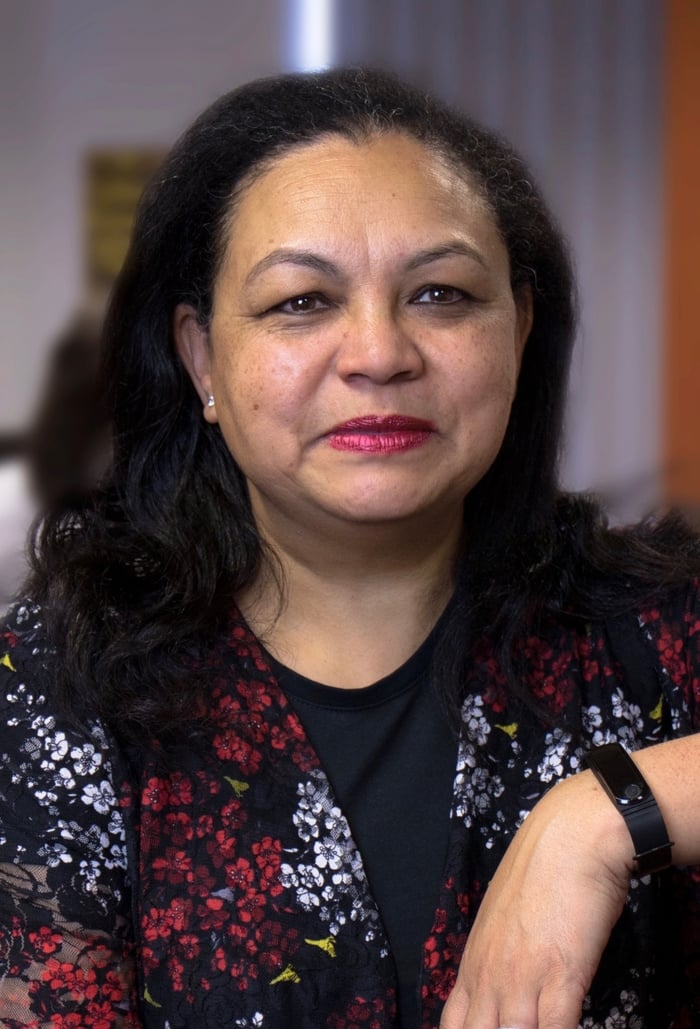
Paula Fray, President
Founder and Managing Director, frayintermedia
Ms. Fray has worked in media for more than three decades as a journalist, editor, trainer and media manager. An award-winning journalist, Ms. Fray was the first female editor of the South African Saturday Star newspaper. A recipient of the prestigious Nieman Fellowship at Harvard University, she is a former member of the Nieman Foundation Advisory Board at Harvard University. In 2005, she started Paula Fray and Associates (now frayintermedia) before joining Inter Press Service (IPS) as Africa regional director in 2008. As regional head, she oversaw the operations of the international development news agency. She was a trustee of Brand South Africa until March 2016 and is a trustee of Media Monitoring Africa. She has wide-ranging consultancy and project management experience and has served as a mentor for organisations such as Health-e and the Media Development and Diversity Agency (MDDA). Ms. Fray graduated with a BJourn degree from Rhodes University and has a Women and Law Certificate from UNISA.
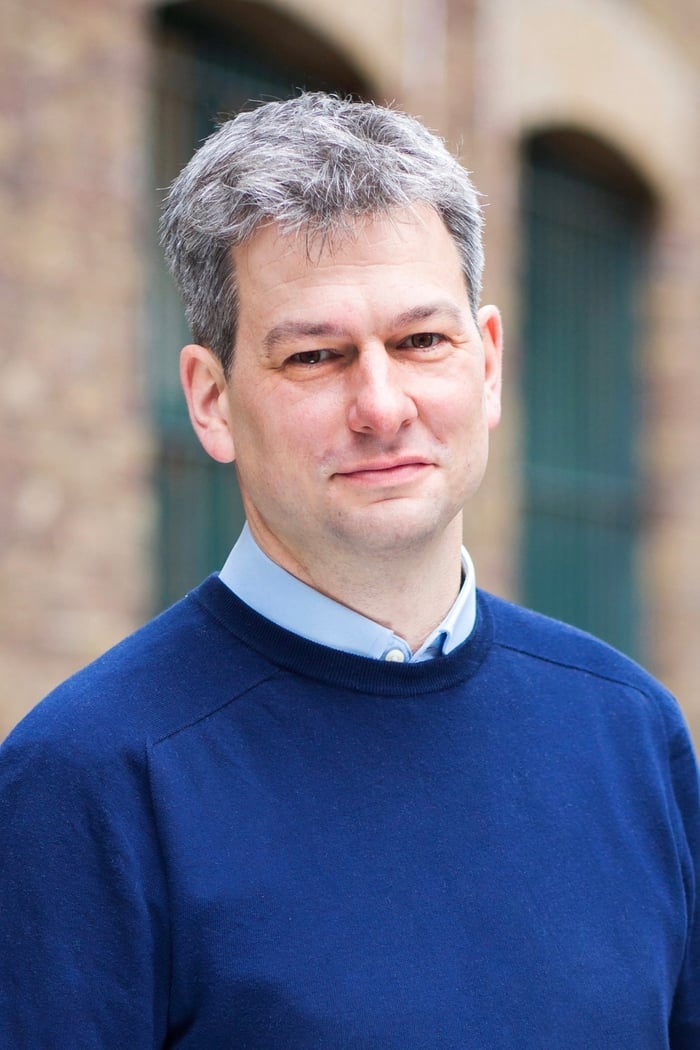
Andy Martin, Vice-President
Founder and Director, Firetail
Mr. Martin is the founder and Director of the civil society strategy consulting firm Firetail. He has over 15 years of experience as a strategy consultant and is an advisor to senior leaders in charities, NGOs, foundations and social enterprises. He has led strategy and evaluation engagements for clients including the Bill and Melinda Gates Foundation, the United Nations, the Queen’s Trust, the Royal Society of Chemistry, Oxfam International, Save the Children UK, Malaria No More UK, Comic Relief and Anthony Nolan. He also works as an advisor to a number of start-ups and social ventures. Prior to founding Firetail, Mr. Martin was Head of Strategy for Cancer Research UK, where he ran the Strategy Unit and Consumer Insight teams, covering fundraising, marketing and public engagement for the UKʼs largest charity. He was a founder member of the commercial strategy consulting firm Credo, and a founding Governor of the public participation organisation, The Democratic Society. Mr. Martin holds a degree in Politics, Philosophy and Economics from the University of Oxford. He was the lead author of a 2014 report, commissioned by the UN, to determine whether IRIN’s spin-off was feasible.
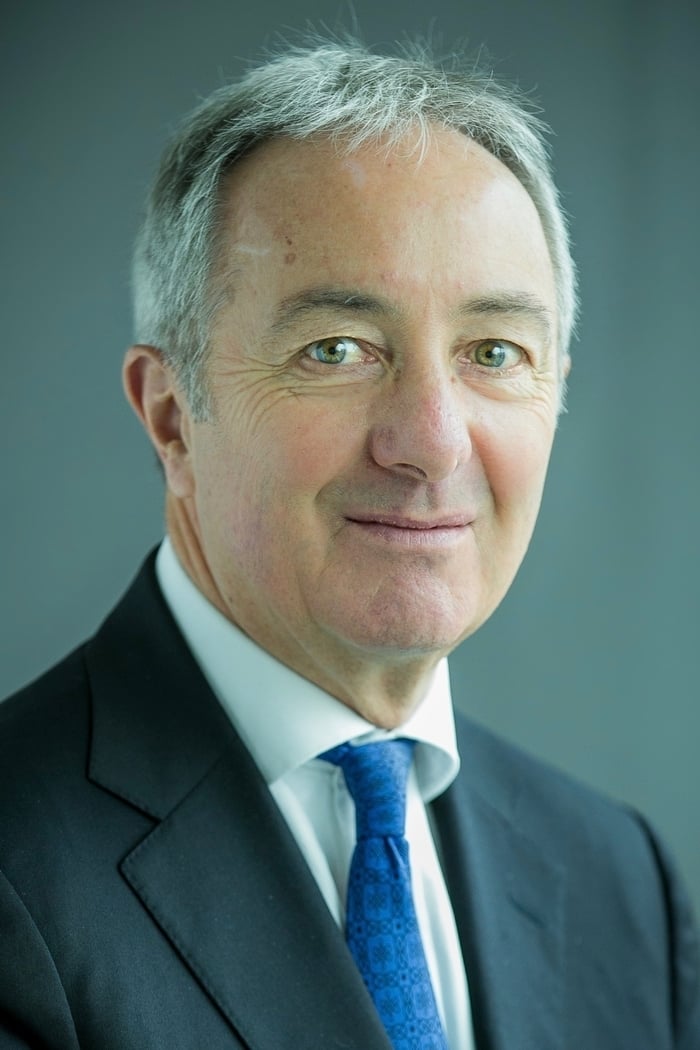
Martin Aked, Treasurer
Chartered Accountant, CPA charterholder, business consultant
After retiring from a long career at PwC, Mr. Aked served as Treasurer of the board of MSF International and currently sits on the boards of the global peacebuilding organisation Interpeace and the audit committee of WorldWildlife Fund International, all three non-profits based in or near Geneva. He is well-versed in strategic governance and finance issues, in which he also continues to provide services on a commercial basis.
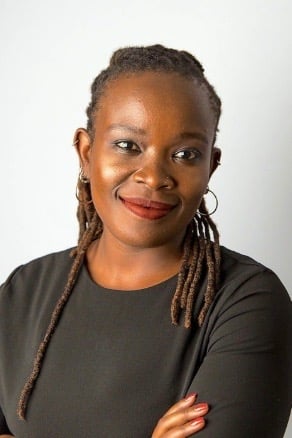
Nanjira Sambuli, Member
Digital Equality Advocacy Manager, World Wide Web Foundation
Ms. Sambuli works at the intersection of governance, media, technology and society. She previously worked at the iHub in Nairobi, where she provided strategic guidance for the growth of technology research in East Africa. She is also a columnist for the DailyNation newspaper in Kenya, a member of DFID’s Digital Advisory Panel and served as a deputy on the United Nations High Level Panel for Women’s Economic Empowerment (2016-17).
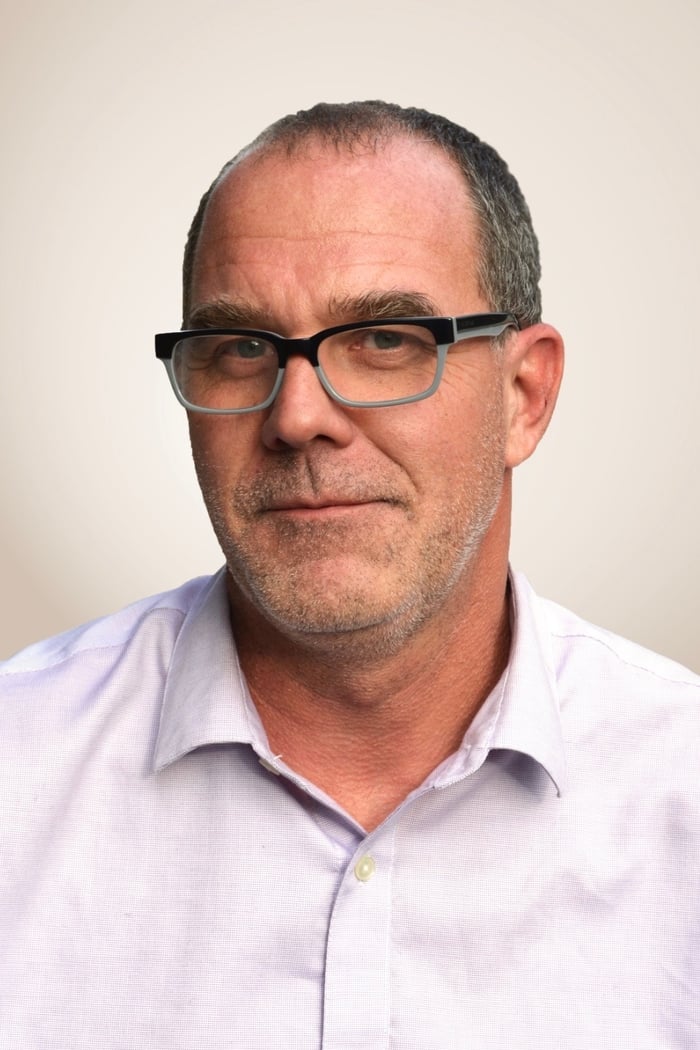
Peter Bouckaert, Member
Acting Director, Global Observatory on Human Rights at Sea
Mr. Bouckaert is an expert in humanitarian crises. Formerly Emergencies Director at Human Rights Watch, he was responsible for coordinating the organisation's response to major wars and other human rights crises. A Belgian-born Stanford Law School graduate, specializing in the laws of war, Mr. Bouckaert is a veteran of fact-finding missions to Lebanon, Kosovo, Chechnya, Afghanistan, Iraq, Israel and the Occupied Palestinian Territories, Macedonia, Indonesia, Uganda, and Sierra Leone, among others. Mr. Bouckaert was recently in the Central African Republic, where he has conducted investigations into ethnic cleansing and war crimes committed during the current civil war. Mr. Bouckaert is featured in the 2014 documentary film "E-Team," which was premiered at the Sundance Film Festival. In 2011, he investigated the use of landmines, the execution of prisoners and arbitrary arrests of African migrant workers in Libya. He has testified about war crimes before the United States Senate, the Council of Europe, and at the Yugoslav Tribunal (ICTY) in the Hague, and has written opinion pieces for papers around the world. His work has been profiled in Rolling Stone, The Washington Post, The Stanford Lawyer, and The Santa Barbara Independent Newspaper.

Sacha Meuter, Secretary
Head of Policy and Research, Legal Advisor, Fondation Hirondelle
Mr. Meuter is Legal Advisor and Head of Policy and Research at Fondation Hirondelle. He is also the Secretary of TRIAL International and a fellow at the Center for the Freedom of the Media (CFOM), University of Sheffield. He notably initiated and coordinates a process of gathering lessons learned and best practices on the media of the United Nations Peace Operations, in partnership with the Geneva Center for Security Policies (GCSP) and in close consultation with the UN Department for Peace Operations and the Department for Public Information. Sacha Meuter provides legal and policy advices to Fondation Hirondelle and its partners, such as the Swiss Development and Cooperation (SDC) thematic unit on Democratisation, Decentralisation and Local Governance (DDLG). Sacha also works on the design and implementation of media impact assessment studies with regular field missions, including in DRC, Mali and Niger. Previously, he notably participated to the Swiss delegation to the Human Rights Council and worked for the Chair of Constitutional Law at the University of Fribourg. He then conducted research in international law and sociology of law at the universities of Glasgow and Oxford. Sacha obtained a master’s degree in law from the University of Fribourg.
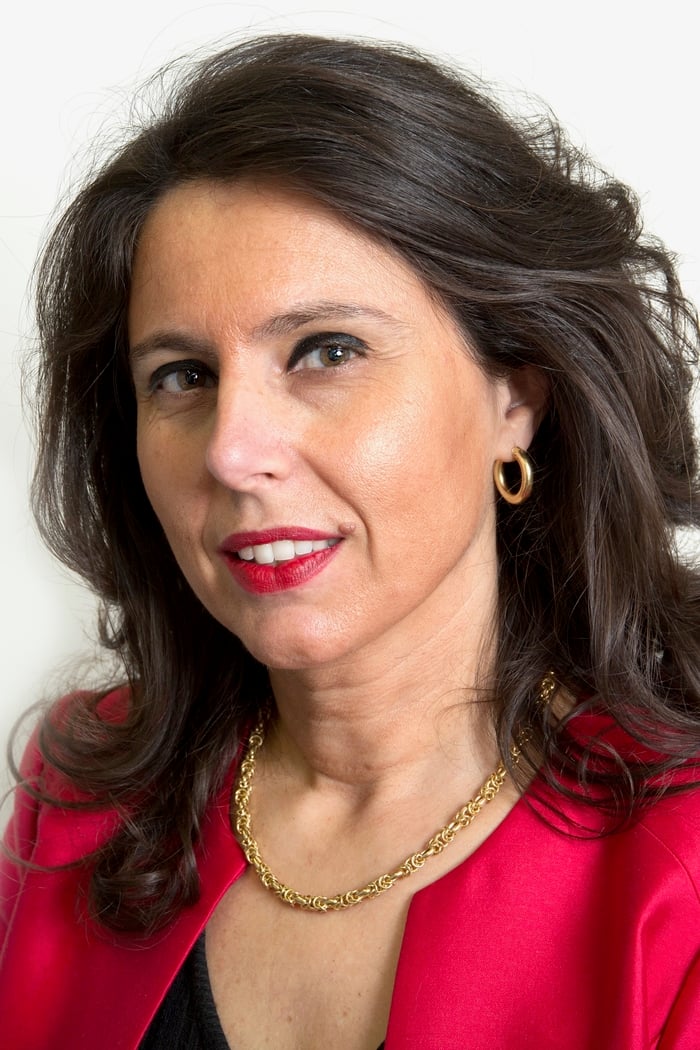
Dr. Sara Pantuliano, Member
Executive Director, Overseas Development Institute
Dr. Sara Pantuliano is Executive Director at the Overseas Development Institute, one of the world’s leading think tanks on aid and development, where she led the Humanitarian Policy Group (HPG) for six years. She is a political scientist with extensive experience in conflict and post-conflict settings. Prior to joining ODI, she led the UN Development Programme’s peacebuilding unit in Sudan, managed post-conflict response in Sudan’s Nuba Mountains, was an observer at the IGAD Sudan peace process, and lectured at the University of Dar es Salaam. She holds a PhD in politics, has written widely on Sudan, South Sudan, the Middle East and humanitarian affairs, and is a recognised public speaker on these issues. She is the Managing Editor of Disasters journal and the vice-chair of the World Economic Forum’s Global Agenda Council on Risk and Resilience. She is a Trustee of SOS Sahel and serves on the advisory boards of Oxford University’s Refugee Studies Centre and the UN Association of the UK, amongst others. Dr. Pantuliano oversaw the temporary hosting of IRIN at ODI during IRIN’s spin-off from the UN.
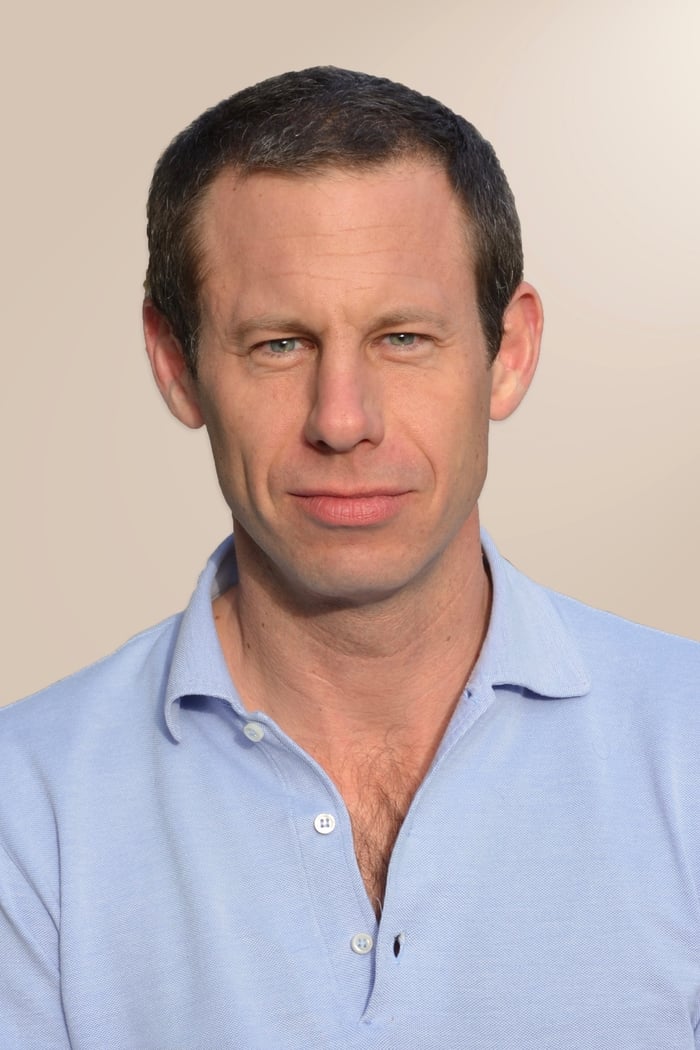
Turi Munthe, Member
Venture Partner, North Base Media
Mr. Munthe is a journalist turned media entrepreneur and investor. He is currently a venture partner at North Base Media, where he invests in media and media technologies. He has founded several media companies including Demotix, which became the largest network of photojournalists and sold to Corbis Corporation. He sits on the board of Index on Censorship, OpenDemocracy and The Signals Network.
Our team
Heba Aly, Director
A multimedia journalist by training, Heba spent one decade reporting from conflict zones in the Middle East, Africa and Central Asia before moving into management. Her work for the Canadian Broadcasting Corporation, the Christian Science Monitor, Bloomberg News and The New Humanitarian, among others, took her to places like Syria, Afghanistan, Iraq, Chad and Libya; and she received a grant from the Pulitzer Center on Crisis Reporting for her work in northern Sudan
Heba has worked with The New Humanitarian in different capacities since 2007, including as field correspondent and Middle East Editor, and played a key role in planning and executing IRIN’s spin-off from the United Nations to become an independent media organisation. Her recent TEDx Talk – "Stop Eating Junk News" – drives home the importance of responsible journalism from crisis zones. She is a regular commentator on humanitarian policy in her published work, in governmental briefings and at conferences around the world. She is a member of the World Economic Forum's Global Future Council on the Humanitarian System and, in 2018, was named one of 100 Young Global Leaders under 40. She was also named one of the 100 Most Influential Africans of 2018 by New African magazine. Heba speaks English, French, Arabic and Spanish.
Editorial
Josephine Schmidt, Executive Editor
Josephine joined The New Humanitarian in 2018 as our first executive editor. She is an experienced journalist, newsroom leader and media strategist with over 17 years of international newsroom, op-ed and editorial development experience at The New York Times. She has lived and worked in Asia, Europe and North America, launching and managing multilingual websites, magazines, multimedia projects, breaking news coverage and special projects on everything from culture to politics. She has also worked with heads of state, Nobel laureates, artists, dissidents, scientists and business leaders to craft timely and impactful op-ed and analysis pieces. As editorial lead of The New York Times News Service and Syndication division, she oversaw the development and distribution of multi-platform content from The New York Times and other leading media companies to organisations around the world. Josephine began her career in non-profit media in post-communist Eastern Europe, where she helped establish the region’s first post-Soviet journalism training center and then played key roles in launching and leading Transitions, a website and magazine covering the politics, economy, and culture of 27 post-Soviet countries.
Andrew Gully, Managing Editor
Andrew joined The New Humanitarian in 2015. He is a journalist and editor whose 12-year career at Agence France-Presse took him from Paris to London to Hong Kong to Washington via short stints in Jakarta, Jerusalem, Moscow, Baghdad and Port-au-Prince. His final years at AFP were spent as Deputy Desk Chief for North America, running the editorial output for the Americas and covering Barack Obama’s 2012 re-election campaign.
Paisley Dodds, Investigations Editor
Paisley joined The New Humanitarian this year as its investigations and features editor. The bulk of her 25-year journalism career has been with The Associated Press. She joined the AP in 1994 in South Africa and later worked in the Miami, Little Rock and Boston bureaus before joining the International Desk in New York. From there, she was promoted to Caribbean News Editor, leading coverage across the region and reporting on such stories as the rebellion that ousted Haitian President Jean-Bertrand Aristide and the U.S. prison camp at Guantanamo Bay. After her posting in the Caribbean, she spent a decade as the AP’s Bureau Chief in London while also working as one of the lead reporters on intelligence, security and terrorism in Europe. Her last AP posting was spent as a member of the international investigations team where she helped lead a series on U.N. sexual abuse and exploitation. She has done numerous reporting stints internationally, including trips to Afghanistan, Pakistan, Israel, South Sudan and other conflict zones. She is the recipient of the Polk Award for Foreign Reporting and a series of other awards for her exclusive investigative pieces about interrogation tactics at Guantanamo Bay and a successful Freedom of Information Act lawsuit which won the AP access to thousands of detainee tribunal transcripts at the prison camp. She holds a master’s degree in International Relations at University of Cambridge.
Obi Anyadike, Senior Africa Editor
Obi is an online journalist and editor, with extensive experience covering international development issues, Africa and the Global South. Obi began his career as a back-packing journalist writing for the Economist and other London-based African publications. He was the Zambia correspondent for Inter Press Service, chronicling the start of the multiparty wave in Anglophone Africa, and went on to cover the upheavals in Somalia and Ethiopia. He later worked as Africa Editor for IPS based in Zimbabwe, working with a team of young pioneers carving out space for progressive, independent media on the continent. A regular commentator on Boko Haram, Obi holds an MA in Peace and Conflict studies from the University of Notre Dame.
Ben Parker, Senior Editor
Ben has been working in humanitarian affairs, online media and fragile states for more than 20 years. In 2013, he was the director of communications for the UN in Somalia in Mogadishu. In 2012, he headed the UN Office for the Coordination of Humanitarian Affairs for Syria in Damascus. Before that, he was the director of UN OCHA’s Eastern Africa offices and of IRIN.
Ben has worked for various development agencies in Africa (including Oxfam, UNICEF, the World Food Programme, the European Union and the UN Environment Programme). He set up the initial editorial and online systems for IRIN in 1995 and later moved into web publishing in the private sector with Africa Online in 2000. In 2007, he returned to The New Humanitarian, taking over as Editor-in-Chief and Director. As a UN communications officer in Sudan from 2003-2006, he was closely involved in raising the alarm about Darfur internationally and released some of the first photos and TV footage of the crisis.
Philip Kleinfeld, Correspondent and Editor, Africa
Philip joined The New Humanitarian in 2019 as a correspondent and editor. He is a multimedia reporter with extensive experience investigating conflict, human rights abuses and humanitarian crises across sub-Saharan Africa. He has covered rebellions in the Democratic Republic of Congo, militancy in Mali and Burkina Faso, and wars in Central African Republic, Congo-Brazzaville and beyond. A regular commentator in the media, he holds a Masters in Political and Legal Theory from University College London.
Irwin Loy, Asia Editor
Irwin joined The New Humanitarian in 2017, covering stories from across Asia and the Pacific. He is a multimedia journalist and editor who has lived and reported in Asia since 2009. Before coming to The New Humanitarian, he filed print, radio, and multimedia stories as a freelance correspondent and worked closely with local journalists from around the region. He started out in newspapers covering local and provincial politics in Canada. Irwin is also leading a reporting project exploring locally driven aid in humanitarian crises.
Annie Slemrod, Middle East Editor
Annie is a journalist and editor, covering the Middle East. From 2010-2013 she reported on Lebanon for Beirut’s The Daily Star, where she focused on Palestinian refugees. After leaving Beirut, she worked as freelancer for The New Humanitarian, The Independent, and The American Prospect. Annie holds a Masters in Near and Middle Eastern Studies from the School of Oriental and African Studies in London.
Whitney Patterson, Audience Engagement Editor
Formerly The New Humanitarian's Digital Content Producer handling audio, visual, and web content, she now heads our audience engagement strategy to maximise the reach and impact of our journalism. From Los Angeles, she has lived and worked in Peru, Bangladesh, Beirut, as well as throughout Europe and the United States. She holds a BA in International Development from UCLA and a Masters in Media Practice for Development and Social Change from the University of Sussex. She speaks English and Spanish.
Marc Fehr, Senior Web Developer
Marc is a full stack web developer with experience in digital storytelling, data visualisation, interaction and usability design. After graduating in 2011 from the University of Applied Sciences in Chur, Switzerland, he worked as an interactive news designer for the award winning ‘Interaktiv Team’ in one of Switzerland’s biggest newsrooms. Marc is currently based in Cape Town, South Africa, where he works remotely, returning to Europe twice a year to lecture at various Swiss universities. Marc was born in Switzerland and speaks German, English and French.
Abigail Geiger, Digital Production Editor
Abigail joined The New Humanitarian as Digital Production Editor in 2020. Previously, she worked for Pew Research Center in Washington, D.C., and newspapers in Pennsylvania, Montana and Missouri. She holds bachelor’s degrees in journalism (with a focus in print and digital news reporting) and political science from the University of Missouri. She is currently based in her hometown of Orlando, Florida. She speaks English and French.
Partnerships
Sarah Noble, Director of External Relations
Sarah joined The New Humanitarian in 2017 and heads up its external relations and communications portfolio. Sarah brings with her more than a decade of experience in strategic communication and engagement in the field of international peace and security. For the past 11 years she has worked at the global peacebuilding organisation, Interpeace in a variety of key positions. Sarah also serves as Head of the Peace Talks, an initiative that highlights the inspirational stories of people who are making positive contributions to peace. She has been recognized by the World Economic Forum for her contribution as a Global Shaper (2011-2015). She is a member of the Banff Forum of leaders under 40 in Canada. Sarah holds an MA in International Affairs from Norman Paterson School of International Affairs.
Emmeline Booth, External Relations Officer
Emmeline joined The New Humanitarian as an intern in 2015, after graduating from City University with a degree in journalism. She was The New Humanitarian's editorial assistant before taking on her current position. Emmeline prepares proposals and reports for prospective and current donors, identifies new funding opportunities, handles republication and partnership requests, keeps track of impact, and assists with editorial production. She speaks English and French.
Matt Crook, Marketing Manager
Matt is a marketing and comms specialist with experience in journalism, nonprofits and startups. From the UK, Matt spent nearly 10 years in Southeast Asia, initially working as a journalist before transitioning into the nonprofit sector and taking a role at Plan International. Matt holds an MA in Southeast Asian Studies from SOAS and travelled extensively around Asia before returning to the UK to work at Plan’s global HQ. After productive stints at an environmental charity and a fintech startup, Matt now joins The New Humanitarian to lead on marketing strategy and help bring more people into the TNH circle.
Administration and Finance
Richard Golding, Director of Finance
Richard began his professional career in the UK as a Chartered Accountant before joining PwC as a management consultant, specialising in Finance, Governance and Risk Management. His career with PwC spanned 25 years and culminated with eight years as Global Relationship Partner for the United Nations System, the Global Fund, and other multilateral organisations. Richard was also an advisor to the UK and Swiss governments on their foreign and international development policy think tanks. Since 2013, he has been working as an independent consultant and also serves as a Board member and Finance Committee Chair for the International Livestock Research Institute in Nairobi, and as an advisor to the Finance & Accountability Committee of Unitaid in Geneva. Richard joined The New Humanitarian as Director of Finance in 2017.
Victoria Bytsko, HR, Administration and Finance Manager
Victoria joined The New Humanitarian in late 2016 after 20 years working for Médecins Sans Frontières, both in the field on long term missions and emergency interventions (in DRC, Burundi, Angola, Afghanistan, Indonesia, Pakistan and Nigeria) and in HR at the Brussels head office, responsible for the cell managing operations in South Sudan, DRC and Guinea. On top of her experience in the humanitarian sector, she worked as line producer for the TV reality programme “Peking Express” in Russia, Mongolia and China between 2004 and 2005.
Cécile Bonin, Administration and Finance Assistant
Cécile joined The New Humanitarian in 2019. She holds a Masters in Finance from IAE Nancy in France and the University of Applied Sciences in Finland, and has dedicated herself to working in the non-profit sector. Her previous experience includes accounting, finance and cost control for the Guide Dogs Training School in Paris and the French Red Cross. Most recently, she worked as a Financial Auditor specialised in the non-profit and foundation sector for Deloitte Paris. She speaks English and French.
Our supporters
The New Humanitarian's funding comes from a mix of governments, foundations, and more. Current partners include:
Australia's Department of Foreign Affairs and Trade (DFAT) Australia's Department of Foreign Affairs and Trade is responsible for leading the Australian Government’s response to international humanitarian crises. Their policy is designed to save lives, alleviate suffering and maintain human dignity during and in the aftermath of conflict, disasters and other humanitarian crises, as well as to prevent and strengthen preparedness for the occurrence of such situations.
Belgium's Federal Public Service of Foreign Affairs (FPS Foreign Affairs) The government of Belgium's Directorate-general for Development Cooperation and Humanitarian Aid works with its partners to construct a just, fair and sustainable world in which each person can live in peace, safety and freedom and protected from poverty; to remain a leading stakeholder by subscribing to the international agenda for development cooperation and be an effective stakeholder focused on results-based action; and to appropriately and proactively manage human potential in order to improve staff fulfilment and commitment.
Bill & Melinda Gates Foundation The Bill & Melinda Gates Foundation, guided by the belief that every life has equal value, is working to help people lead healthy, productive lives, focused on health, poverty, and opportunity. Based in Seattle, the foundation supports work in more than 100 countries.
Canton of Geneva Through its Service de la Solidarité Internationale, the state of Geneva strives to promote sustainable development in order to contribute to the fight against poverty in less developed nations and to take action to tackle socio-economic inequalities, discrimination and exclusion.
The Department for International Development The Department for International Development (DFID) leads the UK’s work to end extreme poverty, tackling the global challenges of our time including poverty and disease, mass migration and conflict. DFID works to build a safer, healthier, more prosperous world for people in developing countries and in the UK too.
Global Affairs Canada As a recognised leader in humanitarian assistance, Canada works with other actors in the international humanitarian system to save lives, alleviate suffering and maintain the human dignity of those affected by crises. Through its Feminist International Assistance Policy, Canada supports gender-responsive humanitarian action to better address the needs of women and girls, and other vulnerable groups, affected by crises and to promote their empowerment and agency. Canada believes that gender-responsive humanitarian action is critical towards reducing poverty and building a more peaceful, inclusive and prosperous world.
Humanity United Humanity United is a foundation dedicated to cultivating the conditions for enduring freedom and peace. They support and build efforts to transform the systems that contribute to human exploitation and violent conflict. HU is part of The Omidyar Group, a diverse collection of organizations, each guided by its own approach but united by a common desire to catalyze social impact.
IKEA Foundation The IKEA Foundation (Stichting IKEA Foundation) works to create a better everyday life for the many people. They focus on improving the lives of vulnerable children by enabling their families to create sustainable livelihoods, and to fight and cope with climate change.
Norway's Ministry of Foreign Affairs An important part of Norwegian foreign and international development policy is concerned with saving lives, alleviating suffering and protecting civilians affected by war and conflict. Norwegian humanitarian efforts are focused on countries where there are great, unmet humanitarian needs, where Norway is particularly well placed to make a contribution, or where the measures concerned support peace and reconciliation processes.
Open Society Foundations (OSF) The Open Society Foundations work to build vibrant and tolerant democracies whose governments are accountable to their citizens. Through their work, they seek to strengthen the rule of law; respect for human rights, minorities, and a diversity of opinions; democratically elected governments; and a civil society that helps keep government power in check.
Sweden's International Development Cooperation Agency (Sida) Sida is a government agency working on behalf of the Swedish parliament and government, with the mission to reduce poverty in the world. Through their work and in cooperation with others, Sida contributes to implementing Sweden’s Policy for Global Development (PGU).
Swiss Lottery (Loterie Romande) The Loterie Romande is the lottery operating in Switzerland's six French-speaking cantons (Vaud, Fribourg, Valais, Neuchâtel, Geneva and Jura). Its profits are entirely devoted to the support of public utility institutions. Thousands of institutions and non-profit associations benefit, directly or indirectly, from the contributions of the Loterie Romande.
Switzerland's Federal Department of Foreign Affairs (FDFA) Switzerland's Federal Department of Foreign Affairs forms and coordinates Swiss foreign policy on behalf of the Federal Council, pursues foreign policy objectives, safeguards the interests of Switzerland and promotes Swiss values. Through its foreign policy, Switzerland plays its part in alleviating need and poverty in the world, while promoting respect for human rights and democracy, and contributing to the peaceful coexistence of peoples and the conservation of natural resources.
Annual Reports
The New Humanitarian’s Annual Reports provide a comprehensive update on our journalism in action, our achievements and growth, and, vitally, on our progress in driving more effective and accountable humanitarian action. A useful resource for ensuring transparency for current and potential donors, they also help to inform both new and regular readers about the scope and importance of our work. You can peruse everything from our editorial highlights to our financial statements by clicking on the links below.
Part of the United Nations until the end of 2014 and housed within the Overseas Development Institute during a transition to independence in 2015, Annual Reports for The New Humanitarian (formerly IRIN News) begin in 2016.
Our partners
Media
TNH partners with media organisations around the world to expand the reach of our important coverage of humanitarian issues. Find out more about syndicating TNH content and how to contact us here.
Current partners include:
The Guardian - Guardian Development Network
Los Angeles Times - Global Development Watch
Other media partnerships:
The New Humanitarian is a member of the Global Investigative Journalism Network, joining 182 other media organisations around the world that focus on investigative reporting.

Global Investigative Journalism Network
Operational
Overseas Development Institute (ODI) The Overseas Development Institute is a leading independent think tank on international development and humanitarian issues. ODI’s mission is to inspire and inform policy and practice which lead to the reduction of poverty, the alleviation of suffering and the achievement of sustainable livelihoods, by locking together high-quality applied research, practical policy advice and policy-focused dissemination and debate.
H2H The humanitarian sector must adapt and evolve to cope with the scale and nature of the humanitarian crises of today. The New Humanitarian is part of H2H, a vibrant network of humanitarian entrepreneurs who day by day are engineering new solutions and services that enable the humanitarian sector to perform better. H2H means ‘Humanitarian to Humanitarian’, a term inspired by the ‘Business to Business’ (B2B) concept in the private sector.
Advertising
The New Humanitarian is a recipient of a Google Ad Grants award. The Google Ad Grants program supports registered nonprofit organisations that share Google's philosophy of community service to help the world in areas such as science and technology, education, global public health, the environment, youth advocacy, and the arts. Google Ad Grants is an in-kind advertising program that awards free online advertising to nonprofits via Google AdWords.
